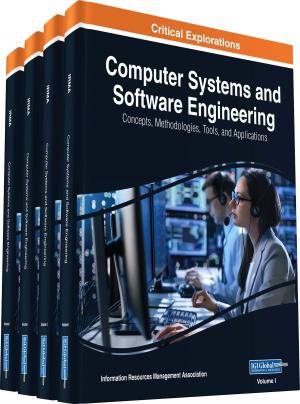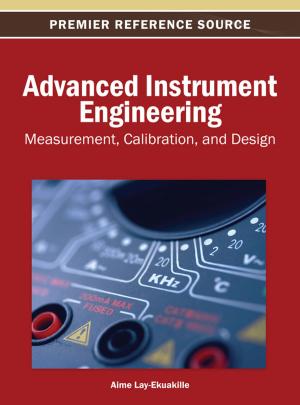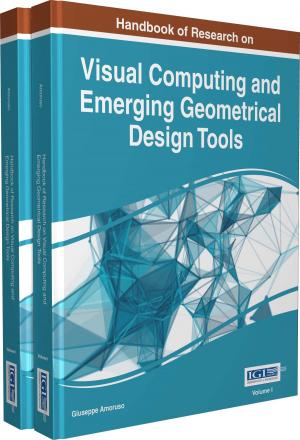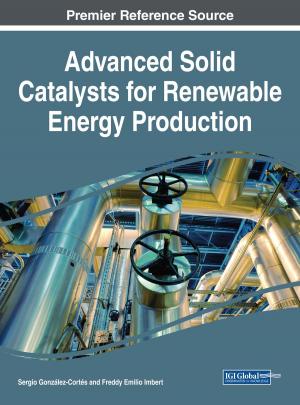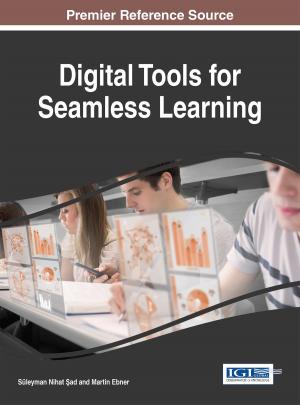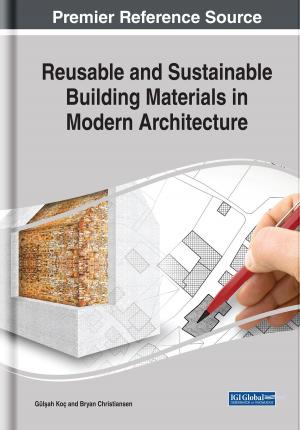Handbook of Research on Advances and Applications in Refrigeration Systems and Technologies
Nonfiction, Science & Nature, Technology, Construction & Construction Trades, Engineering, Mechanical| Author: | ISBN: | 9781466684003 | |
| Publisher: | IGI Global | Publication: | August 28, 2015 |
| Imprint: | Engineering Science Reference | Language: | English |
| Author: | |
| ISBN: | 9781466684003 |
| Publisher: | IGI Global |
| Publication: | August 28, 2015 |
| Imprint: | Engineering Science Reference |
| Language: | English |
In recent years, the sustainability and safety of perishable foods has become a major consumer concern, and refrigeration systems play an important role in the processing, distribution, and storage of such foods. To improve the efficiency of food preservation technologies, it is necessary to explore new technological and scientific advances both in materials and processes. The Handbook of Research on Advances and Applications in Refrigeration Systems and Technologies gathers state-of-the-art research related to thermal performance and energy-efficiency. Covering a diverse array of subjects—from the challenges of surface-area frost-formation on evaporators to the carbon footprint of refrigerant chemicals—this publication provides a broad insight into the optimization of cold-supply chains and serves as an essential reference text for undergraduate students, practicing engineers, researchers, educators, and policymakers.
In recent years, the sustainability and safety of perishable foods has become a major consumer concern, and refrigeration systems play an important role in the processing, distribution, and storage of such foods. To improve the efficiency of food preservation technologies, it is necessary to explore new technological and scientific advances both in materials and processes. The Handbook of Research on Advances and Applications in Refrigeration Systems and Technologies gathers state-of-the-art research related to thermal performance and energy-efficiency. Covering a diverse array of subjects—from the challenges of surface-area frost-formation on evaporators to the carbon footprint of refrigerant chemicals—this publication provides a broad insight into the optimization of cold-supply chains and serves as an essential reference text for undergraduate students, practicing engineers, researchers, educators, and policymakers.



